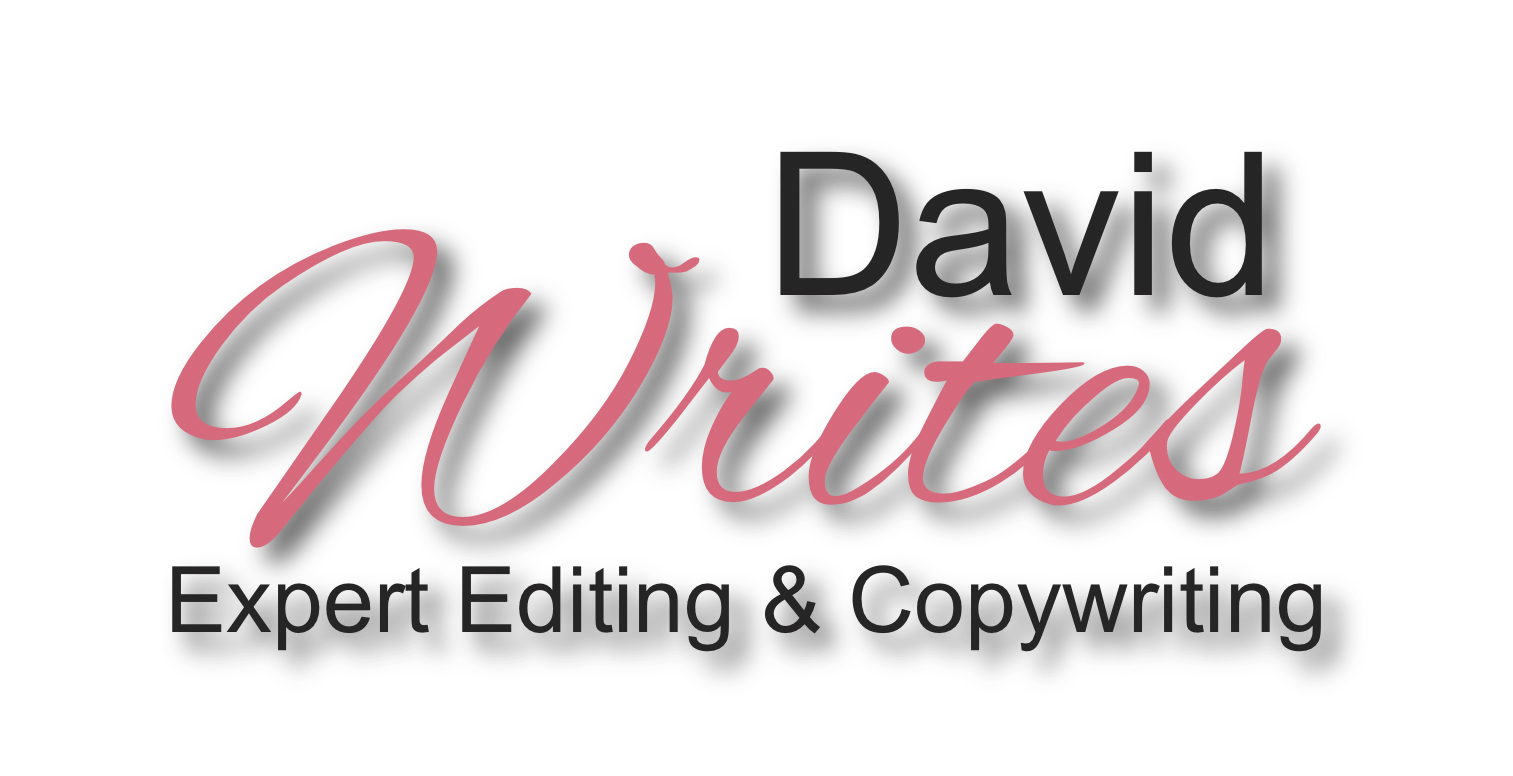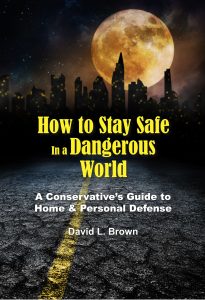In my latest book, a work-in-progress on the subject of the paranormal titled The Psi Connection, I address the limitations of words in describing the mysteries of a hidden world. The following is from a chapter titled What Is Reality?
We must face up to the fact that reality is not what we think it is. In fact, it would be fair to say that what we think of as reality is almost certainly not truly real in any sense that we can understand. Through what lenses or filters can we view this thing we think is reality? Can we perceive it at all? Our ability to understand reality is limited by our need to see it as pictures in our minds and to attempt to describe it with words. Words are vague and often misleading things. As tools with which to describe reality, words allow only an approximation at best and often result in conceptions that are completely false.
Think of statements such as “the Sun rises in the morning.” This is simple and straightforward. The clear meaning of this combination of words is literally: The celestial body we call the Sun moves up into the sky every day around breakfast time. But the reality is quite different. In fact, what is intended to convey is the process in which the Earth rotates to bring the Sun into view.
Mathematics offers greater specificity than words but is an alien language to most of us. We cannot read or speak it except as a very basic pigeon tongue involving addition, subtraction and multiplication tables. These are useful tools in performing mundane everyday tasks. A merchant may use them to count his receipts or a housewife to calculate the ingredients of a recipe, but they fall woefully short if we wish to explain the workings of a quantum universe.
If you do not have an advanced degree in mathematics and have ever looked at mathematical statements such as Schrodinger’s equations you know what I mean. In plain words this example is a combination of symbols described as a linear partial differential equation that governs the wave function of a quantum mechanical system. To a handful of initiates into the world of higher math the equations must be things of beauty. To most of us they resemble the ravings of a maniac. And that’s a simple example, for some mathematical proofs run to hundreds or even thousands of lines.
As noted our minds operate by seeing pictures, not from the contemplation of formulae. Words are only ways to create pictures in our minds. It’s not the words that are important but the pictures. When we read a description of an elephant, we are being invited to “see” a picture of an elephant in our minds. They say a picture is worth a thousand words, and that is no doubt a vast understatement for no quantity of words can be sufficient to create a high definition picture of anything, and most certainly not of some abstract subject such as the reality of all that exists.
To better understand this process of drawing pictures with words, we use analogies to frame things that are difficult to grasp, abstract pictures as it were, by comparing them to simpler pictures that are easier to see. Great thinkers have doubtless relied on analogies ever since words came into existence. Immanuel Kant called analogy “the wellspring of creativity.” Friedrich Nietzche defined truth as “a mobile army of analogies.”
So in our effort as ordinary folk to create a mind picture of reality we must use the uncertain tools of words and analogy, but if we use them with care we may be able to suggest or hint at some understanding of reality’s true nature. Or, at least, to gain a better realization that reality is beyond our understanding. In other words, we can perhaps make ourselves more fully aware of our limitations and there is value in that.

 I have just uploaded my latest non-fiction book to Amazon as a Kindle e-book. The title is: How to Stay Safe in a Dangerous World and it provides guidance in ways to protect yourself and your family or friends against the many threats that exist in our challenging times.
I have just uploaded my latest non-fiction book to Amazon as a Kindle e-book. The title is: How to Stay Safe in a Dangerous World and it provides guidance in ways to protect yourself and your family or friends against the many threats that exist in our challenging times.